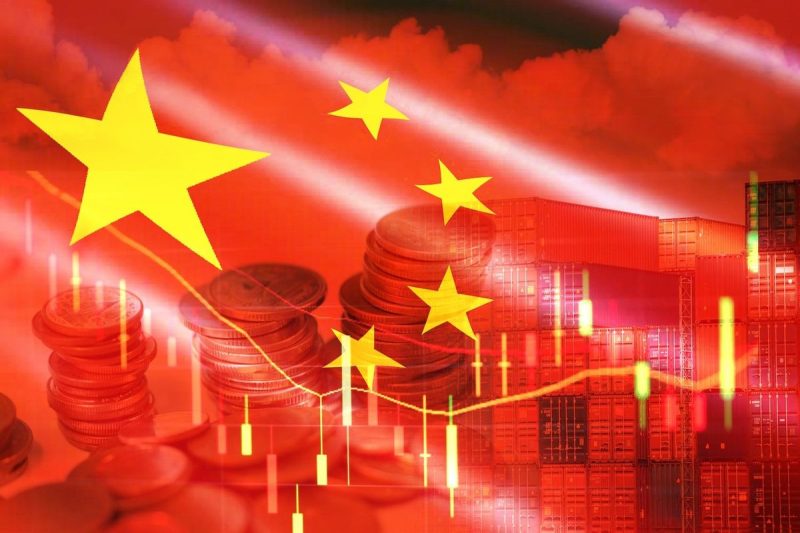
China’s Bold Move: Limiting Critical Mineral Exports Amid US Chip Restrictions
China’s decision to restrict the export of key critical minerals in response to US chip controls is a significant development that has the potential to impact global supply chains and trade dynamics. The move comes amid escalating tensions between the two economic powerhouses, with the semiconductor industry becoming a key battleground in their competition for technological dominance.
Chip manufacturing requires a variety of critical minerals, including rare earth elements such as neodymium, lithium, cobalt, and tantalum. These minerals are essential for the production of semiconductors, which are the building blocks of modern electronics, from smartphones to cars to advanced military systems.
China’s dominance in the production of rare earth elements has long been a concern for the US and other countries, as it gives Beijing significant leverage over global supply chains. By restricting the exports of these key minerals, China aims to both protect its own domestic industries and send a message to the US about the potential consequences of its trade restrictions on Chinese tech companies.
The US, in turn, has imposed export controls on chip manufacturing equipment and technology to prevent sensitive technologies from falling into Chinese hands. This has led to a back-and-forth escalation in trade restrictions and countermeasures, with both countries seeking to protect their own strategic interests while also trying to maintain global economic stability.
The restrictions on critical mineral exports could have far-reaching implications for industries that rely on semiconductors, including electronics manufacturers, automakers, and defense contractors. Shortages of these key minerals could lead to supply chain disruptions, increased production costs, and delays in the rollout of new technologies.
To mitigate these risks, countries like the US are now looking to diversify their supply chains and reduce their dependence on China for critical minerals. This could involve investing in domestic mining and processing capabilities, forging new partnerships with other mineral-rich countries, and exploring alternative sources of these essential materials.
Overall, the restrictions on critical mineral exports between China and the US are a reflection of the larger geopolitical tensions between the two countries and the growing competition for technological supremacy. How these developments will ultimately impact global supply chains and trade dynamics remains to be seen, but one thing is clear – the semiconductor industry will continue to be a key battleground in the ongoing rivalry between the world’s two largest economies.
